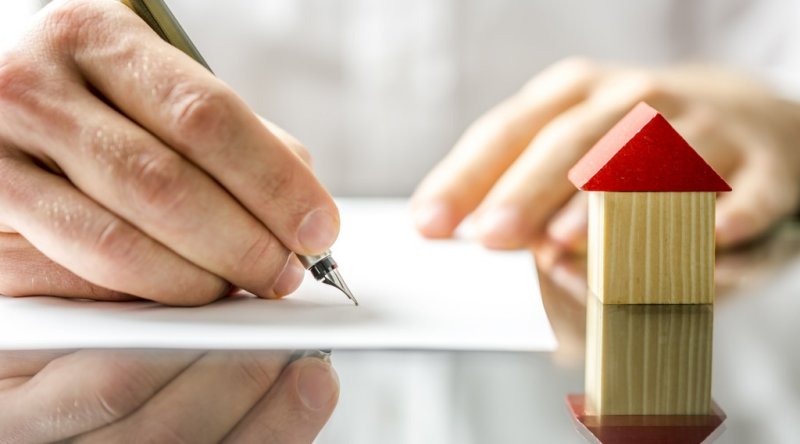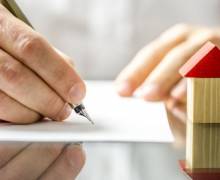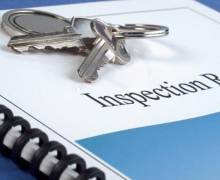
Nine things you should know before buying property abroad
Buying a house overseas in search of a different way of life is a bold decision that many of us dream of fulfilling one day.
Some home hunters might be looking for somewhere where they can holiday, while others may be more interested in relocating permanently.
Whatever the case may be, buying abroad is something which you should plan very carefully.
1) Research, research, research
Make sure you assess where you might get the best lifestyle that suits you as well as the best value for your money. If good transport links are important to you or having other expats living nearby or simply want a similar lifestyle like in your home country, make a list of these and do your research accordingly.
2) Remember the risk to reward ratio
If you are planning to buy a property overseas as an investment, need to bear in mind that highly promising returns could come with some risks too. Do your homework and number crunching well.
3) Get your finances in order
If you need a bank loan to finance your property purchase abroad, its best to line up your finances before you start the home search. Check where can you get the best mortgage deal and also plan ahead to minimise the effect of the currency fluctuations. Even a small change in the currency rate can have a significant effect on the value of your purchase. 10% drop in the value of the sterling against the Euro, for example, may put your chosen property out of your budget. So why not use our trusted currency exchange partners, for more details, contact us on ec@ecsmproperty.uk.com
4) Get expert advice
Getting a trusted surveyor who will make all the necessary checks on your chosen property and give you advice so that you can be confident of buying the property. This means the property can be easily sold again should you need to. Get legal advice to make sure that the property has title deeds and there are no hidden issues with it. Plan for surveyor costs and legal expenses as part of the purchase costs.
5) Choose a helpful estate agent
When you've chosen your new dream location, make sure that you choose an estate agent who is familiar with that area and show you different properties, explain the buying process, give you an insight into the property market; provide you invaluable local information about amenities, facilities, transport links, schooling, health care, events.
6) Use an independent translator/interpreter
If you don't understand the language of the country in which you're planning to buy, make sure that you get all your relevant documentation translated by an independent translator and that an interpreter accompanies you to all official meetings.
7) Be prepared to make contingencies
Consider opening a bank account and depositing some funds in the country you are planning to purchase a property in. You might need quick access to some funds in local currency in your chosen country to pay for some bills, fees, repairs or fixtures. Sometimes arranging cross border wire transfer is takes time and can cost you more. Check about taking out home insurance, drawing up a will in the country you intend to own your overseas property in.
8) Don't underestimate the stress involved with moving abroad
Buying a home at home and overseas can be equally complicated. So it's absolutely crucial that you plan ahead, make a list of all necessary documents, permits needed weather it's a holiday home or permanent residence you are buying. If you are shipping your furniture abroad, some countries might expose a tax when it arrives. You should look into these details beforehand.
9) Don't rush
Finally, while doing your research to find a property of your dreams- make sure you do a good due diligence. Assess all aspects of life in the area you are planning to purchase, including the economic and political stability of an area, as well as any hidden costs relating to the purchase and ongoing too. Consider whether there are any costly extras such as purchase taxes, VAT, tax on future sale, service charges for maintenance or local taxes. A low property price can turn into not such a good deal if there are high associated and ongoing costs.




